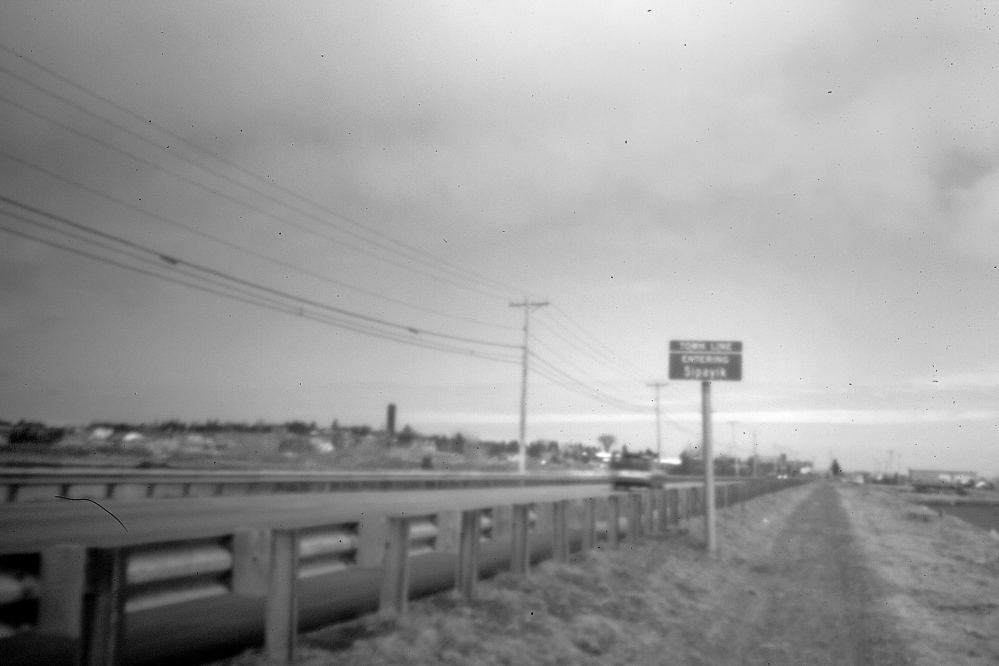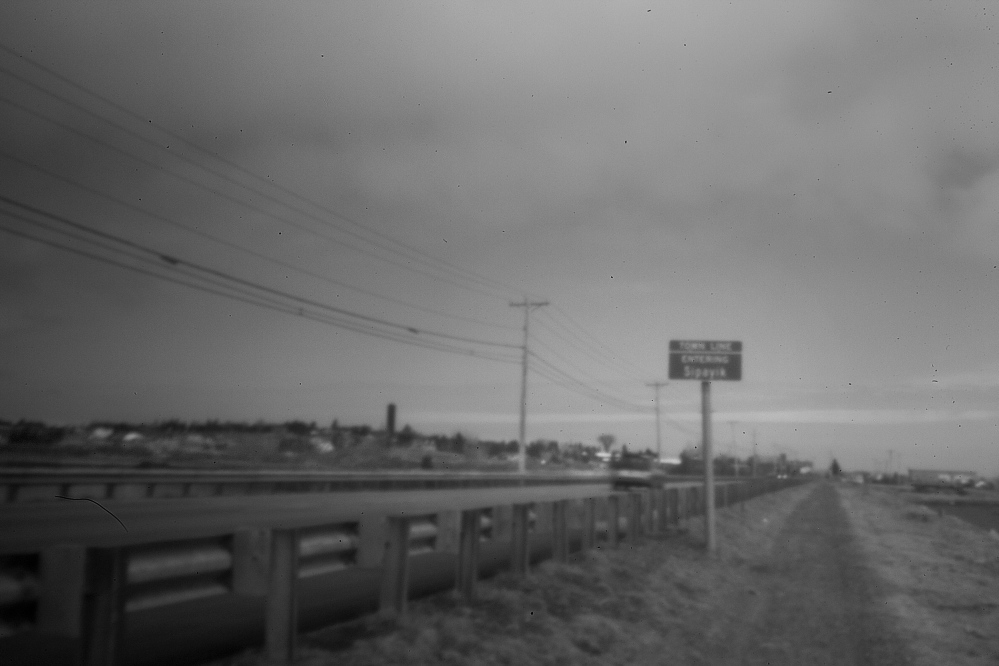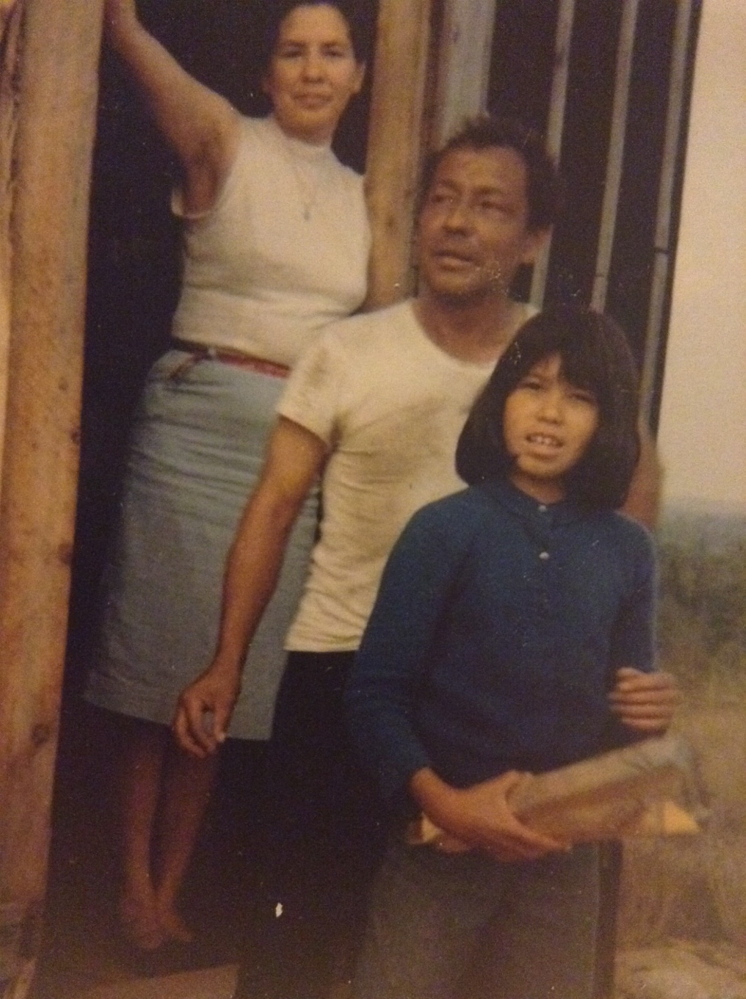
W
hen the white men arrived at his house, George Francis, the 72-year-old former governor of the Pleasant Point Passamaquoddy, was seated in his living room chair, watching Canadian football on the television. There were five of them, hunters from Billerica, Massachusetts, ranging in age from 23 to 32. They wanted women. George’s younger brother Peter would try to get them to settle for lunch.
They traveled in a massive boat of a car – a white 1961 Cadillac convertible, with recessed rear wheels and long, sharklike fins on the back. Their leader was William Robbins, 32, a former Marine who had been a Hall of Fame athlete at Billerica Memorial High School, where he started playing while still in middle school, allowing him to win an unprecedented six varsity letters, a record that still stands; to this day he has a scholarship named in his honor.
Behind the wheel was the Cadillac’s owner, 25-year-old James Ellinwood, a husky 5-foot-11 football player with a conviction for assault and battery. Another in the party, 23-year-old Daniel Frobese, had been convicted for assault and battery and intoxication. Hugh O’Neill, 25, had also played football, while Romolo Capobianco, a married 25-year-old father of two, had, according to high school classmates, a terrific sense of humor, “an easygoing manner,” and was “a friend to everyone.” Years later he would spend 37 days in jail for refusing to clean up his informal junkyard in Billerica.

Around 1 in the afternoon, the Cadillac rolled to a stop outside George Francis’ meticulously kept house, located at the crest of a hill at the edge of the reservation. A neighbor, George’s brother-in-law Christopher “Christy” Altvater, had just gotten out of a car in the driveway. The white men greeted Chris. One even recognized him, having met him on a previous hunting trip, although Christy didn’t remember. That wasn’t surprising. The 5-foot-2 Indian had suffered a brain injury four years earlier when a 6-foot-1 white man from Eastport had clubbed him with the butt of a rifle. He had mild paralysis on his left side, headaches and dizziness for which he was receiving regular in-patient treatment at the Togus Veterans Administration Hospital in Augusta. He was 44, physically unthreatening, sociable and something of a prankster.
Christy went to the front door and yelled to George: “You got company!”
George came out and talked with them. “That’s all they wanted to know, if I could get women for them,” he would later testify. “And I said, ‘I ain’t got no women here.'”
The five men, all wearing hunting clothes, then asked where they could find beer on a Sunday. George told them. They headed back to their car and persuaded Christy to guide them. But before they pulled out of the drive, George’s 17-year-old niece came out of the house to fetch her uncle Peter’s keys from his car’s ignition. The girl, Deanna Francis, would later testify they stared at her as she came and went.

C
hristy and the hunters returned an hour and a half later with a six-pack and two cases of beer. Rather than heading on their way, the hunters barged, uninvited, right into the house. The Indians were concerned but worked to contain the situation.
Christy got them settled down in the kitchen, assisted by Peter, who was visiting from his home in Connecticut. He was 59 but looked much older. “Reservation life in those days was tough, and he bore the scars of the wear and tear,” says grandson Randy Hinton, who was close to him. “Life had been hard on him and it showed.” In World War II, he had served as a Seabee – a frontline engineer – in the brutal Pacific “island-hopping” campaign. He and a handful of men floated for days on a raft after their transport was torpedoed, catching fish with makeshift lures fashioned from a cloth and a safety pin; Peter was one of the few survivors, a fact he attributed to his “Indian-ness,” his grandson recalls, “his ability to draw deep within himself to survive.”
He was later feared lost when he failed to return from a moose-hunting trip early one winter, only to walk out of a deep Eastern Maine forest in the spring, having survived alone in his disabled panel truck through months of storms and subfreezing temperatures.
“Back then an older person looked much older than they would appear today,” Hinton adds. “I’m not saying he was a broken man, but his body was used up and life had taken its toll. His vision was failing. He suffered from the aches and pains of everyday life.” He also walked with a limp, the result of a knee injury in an accident at the naval yard in Groton, Connecticut, where he worked as a master electrician and from which he was about to retire.

A
s Peter and Christy entertained the hunters, George Francis continued to watch television in the living room. In a tiny bedroom beyond, Deanna – who lived with George and his wife – was doing homework with two fellow Shead High School students, Maureen and Susan Tomah, ages 15 and 14.
Over the next hour and a half, the hunters drank beer and chatted with Christy and Peter, but it was the girls that were on their minds. Frobese, a dark-haired, dark-complexioned roofer, slipped into the bedroom and chatted with the girls. The second time he came into the room, Deanna would testify, he asked her: “Do you want to make fast money?” She went into the living room and told her uncle.
George ordered the hunters to stay out of the bedroom, but soon Frobese was back at the girls’ door, telling them that he was also an Indian. George ordered the men out of the house and threatened to call the police.
The hunters claimed to be hungry. “In my culture, we share food and share spaces,” Hinton says. “Those men took advantage of that.”
George asked Peter and Christy to take them down to the Altvaters and set them on their way. The hunters had consumed the better part of two cases of beer over the past two hours. Christy had drunk a couple of bottles of beer. Peter hadn’t had anything at all.
In a couple of hours, he would be lying on the road with his head bashed in.
Colin Woodard can be contacted at 791-6317 or at:
cwoodard@pressherald.com
Coming tomorrow:
A slaying at Pleasant Point
Send questions/comments to the editors.





Success. Please wait for the page to reload. If the page does not reload within 5 seconds, please refresh the page.
Enter your email and password to access comments.
Hi, to comment on stories you must . This profile is in addition to your subscription and website login.
Already have a commenting profile? .
Invalid username/password.
Please check your email to confirm and complete your registration.
Only subscribers are eligible to post comments. Please subscribe or login first for digital access. Here’s why.
Use the form below to reset your password. When you've submitted your account email, we will send an email with a reset code.